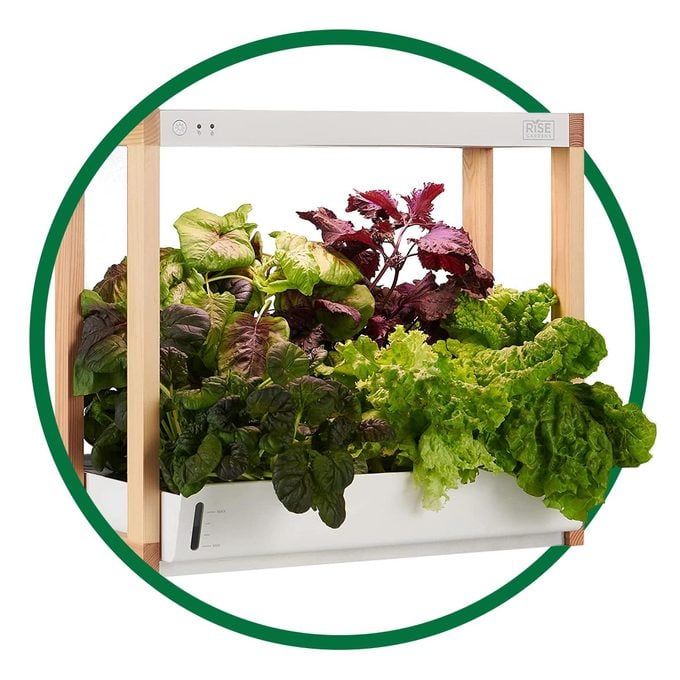Experts Say Most People Who Live to 100 Years Old Share This One Thing in Common
Updated: Mar. 23, 2023

Grab some gloves! This youth-promoting activity is trending among younger people too, with benefits like reduced cancer risk, a healthier diet and a more relaxed mental state.
Our editors and experts handpick every product we feature. We may earn a commission from your purchases.
If we told you having fun could possibly lengthen your lifespan…would you give it a try? While there are some circumstances beyond our control, lifestyle choices like what we eat and commitments to healthy relationships can contribute to a long, healthy life.
In particular, following the lead of centenarians’ lifestyle choices is a great way to set yourself up—for example, you probably know that eating well and regular movement are a couple keys to staying healthy…but, what else?
A recent review led by Australian researchers in the Journal of Population Ageing did some digging, if you will. The team of scholars looked for themes among the world’s “blue zones.” Blue zones have become colloquially known as the geographical regions of the world where people tend to live longer than average.
There are five identified “blue zones” around the world: Okinawa, Japan; Sardinia, Italy; Nicoya, Costa Rica; Ikaria, Greece; and Loma Linda, California. Researchers reviewed 18 articles on centenarians who live in these areas, and found they shared a few common ways to occupy their time.
A 103-Year-Old Nun’s 10 Daily Secrets for a Long, Healthy Life
What are the most common physical activities in “blue zones?”
Overall, researchers found that people over the age of 100 who live in “blue zones” are “highly active, perform continuous and consistent movements daily, maintain daily hobbies, and work beyond the expected age of retirement.”
It was also found that most of the activities older people in “blue zones” participated in were “moderate intensity,” such as swimming, dancing, walking, gardening, shepherding and certain household chores like vacuuming, mopping and washing windows.
Meditating on This Feeling Could Actually Help You Live Longer, Says a Neuroscientist
What is the healthiest hobby in “blue zones?”
The one activity that “blue zone” centenarians were found to have most predominantly in common was outdoor agricultural work, including gardening, farming or working as a shepherd. In reviewing studies of Sardinia, Italy, researchers found most of the oldest Sardinians reported gardening one to four days a week, and spent about two hours per week engaged in outdoor activities.
According to a 2018 article in Clinical Medicine, the benefits of an agricultural activity like gardening are plentiful: Not only is it considered moderate physical activity, but it also helps expose people to sunlight and nature, can delay symptoms of dementia, reduces cancer risk and even directly produces healthy fruits and vegetables for your diet.
What if you don’t live in a climate that’s blissfully sunny year-round? Increasingly, there are options. One is as simple as raising a few indoor plants (which research shows is beneficial to mental health). And if you’d like a pop of color or to snip some fresh herbs for the kitchen, consider an indoor garden—Rise Gardens happens to be one of our favorites.

Rise Gardens connect to wifi and are controlled with an app to ensure your plants receive the amounts of light and water they need to thrive. Even in winter, raise fruits, vegetables, herbs, and microgreens from the convenience of your countertop.
So whether you have a green thumb or not, don’t be intimidated by a little gardening—it could add years to your life.
Get The Healthy @Reader’s Digest newsletter and follow The Healthy on Facebook, Instagram, and Twitter. Keep reading:



















